our programs
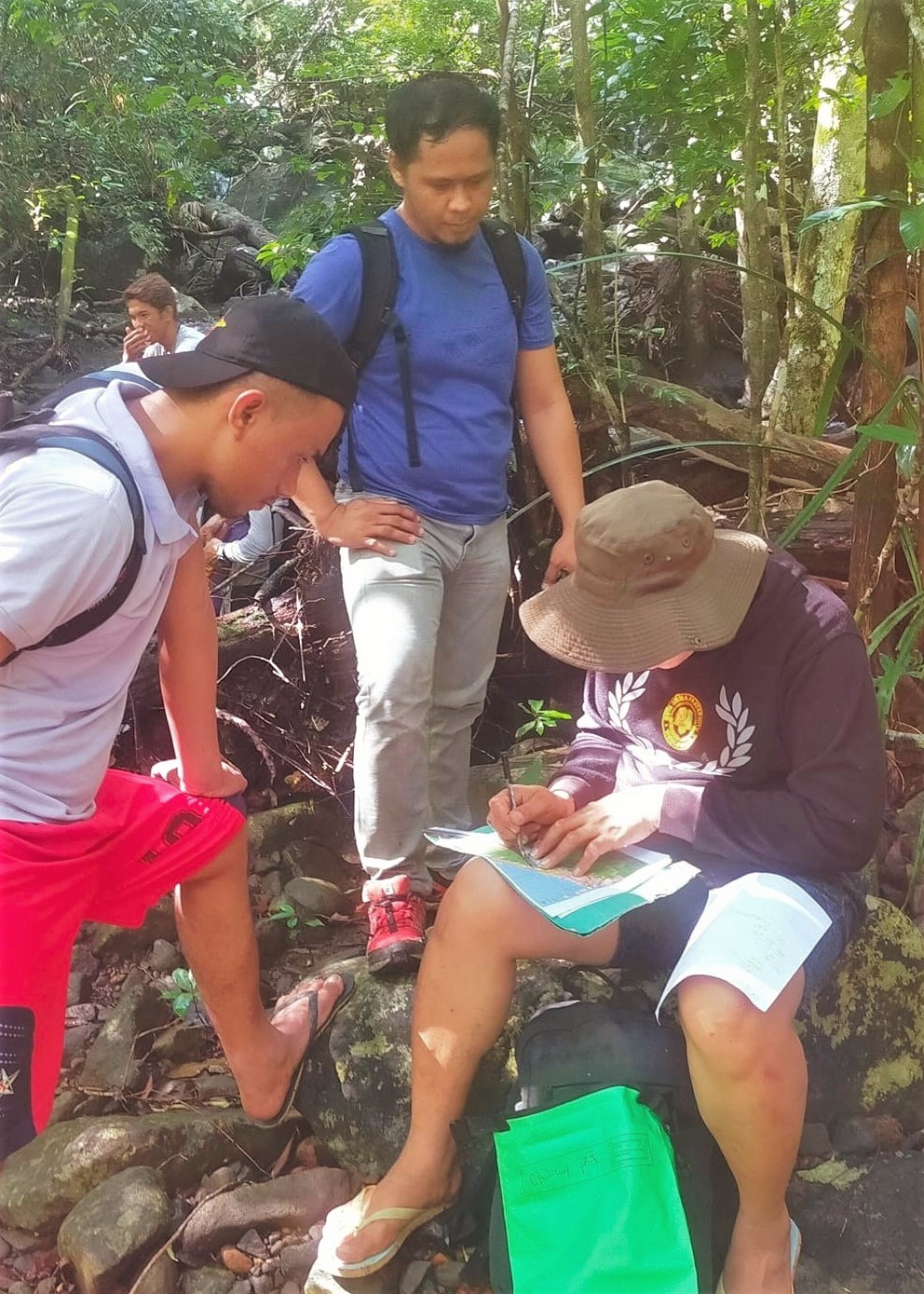
Capacity Building and Mentoring
This essential aspect of our work is hindered by the lack of awareness and education among indigenous communities, which prevents them from claiming their legitimate due. Simultaneously, the non-indigenous peoples are brought up and educated to believe that indigenous communities have no rights to their lands and that they are only a burden to the State. Indigenous peoples’ rights have, therefore, become a controversial issue in the Philippines, as elsewhere, and is fraught with political overtones. Social preparation appears to be tedious but it is deemed necessary before introducing community projects
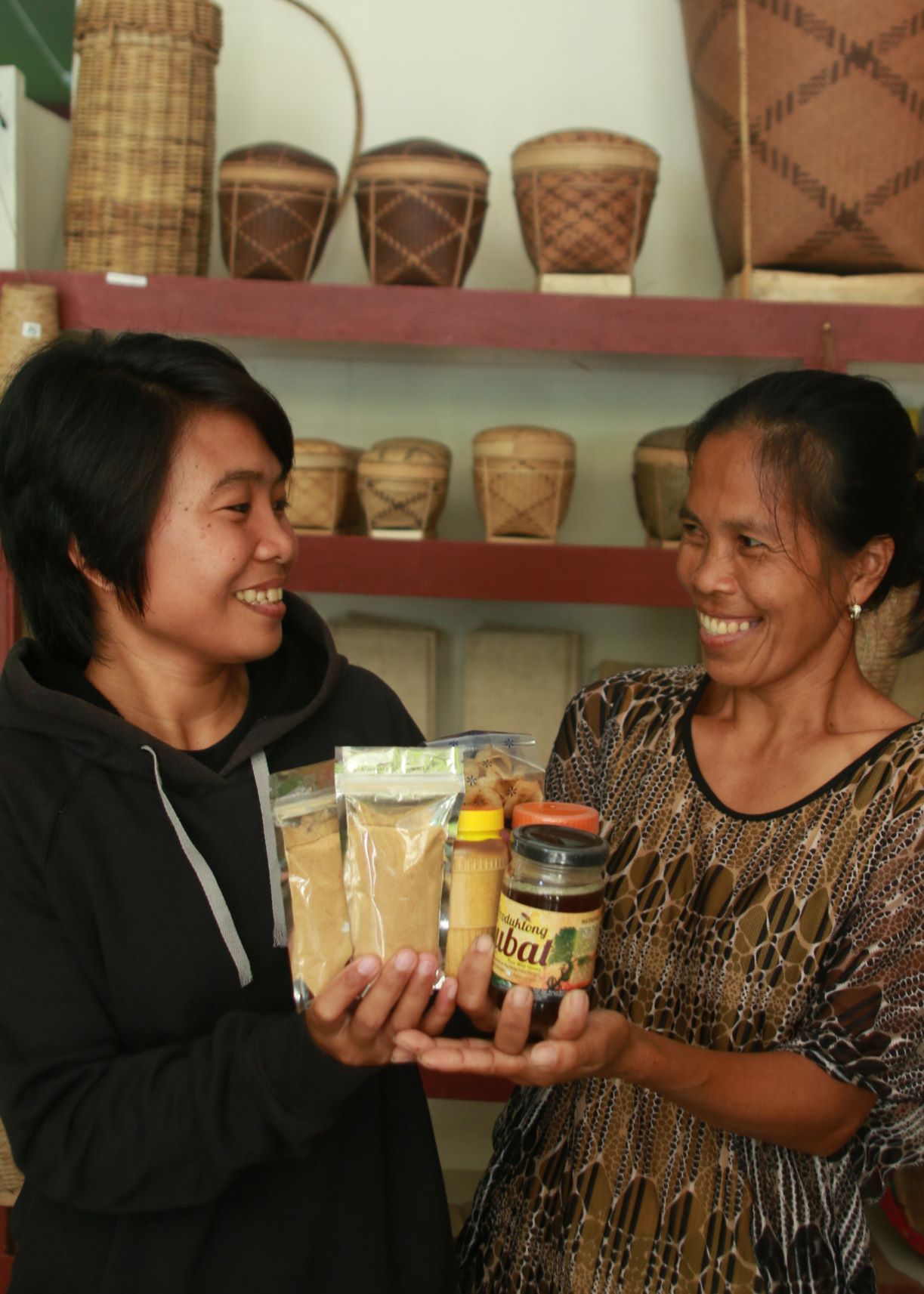
Development of Income-generating Enterprise
Considering that the indigenous communities are also at the lower rungs of the social and economic ladder, we believe that it is necessary to augment their living standards to enhance their self-esteem. To achieve this condition, we had explored few economic endeavors such as centralized marketing and product development to upgrade and market products both locally and nationally with the objective of raising economic returns to the craftsmen and harvesters themselves. Promotion of value-added products are initially developed in order to increase the revenues and benefits that will in return contribute to conservation and protection of environment. The development of NTFP enterprises are based on indigenous knowledge of the communities that would have to channel their knowledge to meet the demands of the contemporary market.
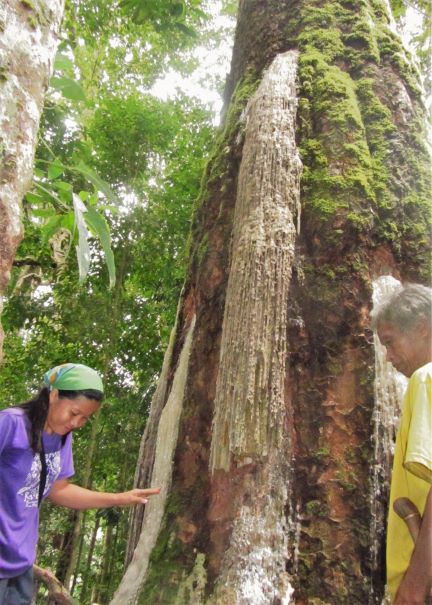
Resource Management and Protection
Promoting traditional resource management principles is imperative to preserving ancestral domains. This form the core of resource management program, especially in developing ancestral domain management plans. As most of the indigenous peoples in the Philippines depend on the resources procured from the forest and the sea, it is important that these resources are used in a sustainable manner. The regulated utilization of resources and an equal access to them for the people most dependent upon them are crucial challenges, which NATRIPAL has undertaken. The detrimental effects of the over-exploitation of forest products, especially NTFPs, will affect the future regeneration of the forest and the livelihood of indigenous peoples. Agro forest development has also been promoted at the near end of the second millennium.

Land Rights and Security
The claim by indigenous peoples over their ancestral lands has not been recognized: the denial of this particular right is the crux of their problems. Historically, the indigenous people have been the victims of exploitation at the hands of land grabbers who, with the help of some corrupt politicians, have gained from their suffering. It remains a paradox that though indigenous peoples are known to be responsible for the conservation of forests and known to be the genuine forest stewards, it is the newcomers who benefit from their efforts. In this field, NATRIPAL, with their legal expertise and advocacy, intends to revoke the laws and to secure the traditional lands to their ancestral owners.

Community Organizing
We believe that the long-term affectivity of projects depends on the strength of community leadership and sustained community interest and participation. Thus, programs require social preparation and regular community consultations. NATRIPAL also places emphasis on capability building activities in ensuring the growth and maturity of local Indigenous Peoples organizations.
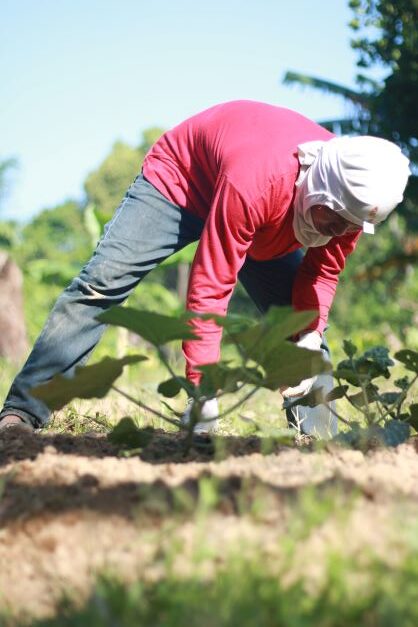
Health
Enhancing awareness building on health and sanitation is the primary task of the federation to its constituents. Promotion of traditional healing processes and the use of herbal medicine practices are strengthened as part of this program. With this, partnership with different government agencies and other private sectors are established to support community efforts by putting proper health management in the hand of the indigenous peoples.
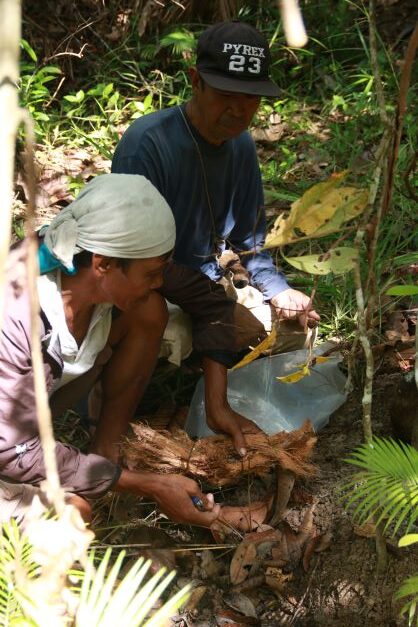
Culture
As environmental degradation imperatively occurs, cultural erosion subsequently follows, and we feel our moral obligation to help our distinct tribes to promote and enhance their cultural values. We have now our “Eco-Cultural Heritage Center that will showcase our ethnic traditions.
